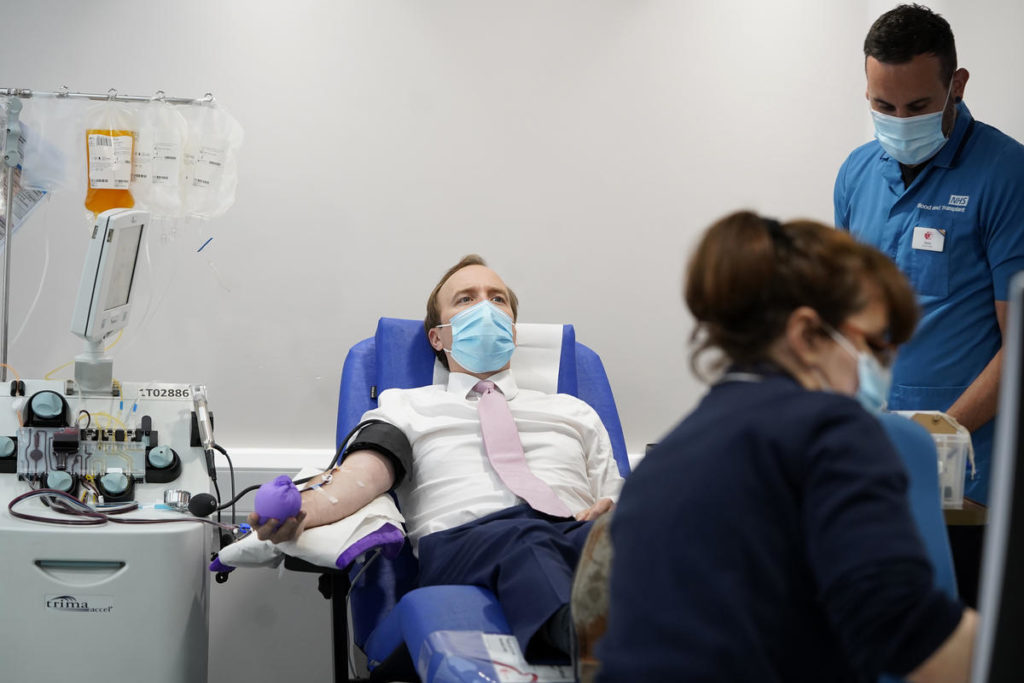
Vanderbilt University Medical Center has been awarded $34 million by the National Institutes of Health to conduct a fast-tracked study on convalescent plasma. The blood of recovered COVID-19 patients has been widely used in recent months, but its effectiveness remains unproven.
Vanderbilt is among the many hospitals that have been collecting donations of plasma, which is the clear liquid part of blood, and injecting COVID patients in hopes that the antibodies provide some benefit. But the plasma can be used only under special “investigational” approval from the Food and Drug Administration.
The treatment has shown some promise with other diseases, but Vanderbilt lead investigator Dr. Todd Rice says it’s also labor intensive — requiring blood donations, processing, transport and finding a good patient match.
“If it works, we want to know that so we can put all that time and energy into giving it to people to help them,” Rice says. “But the other answer would be important, too.”
Just this week, the FDA held up emergency authorization for the treatment. Dr. Anthony Fauci himself said there just isn’t enough evidence that it helps.
No randomized clinical trial, where one group of patients gets a placebo, has been completed. Two were started but ended early because they lacked definitive results.
One such study is still underway, led by NYU Langone. Now Vanderbilt is starting a second, aiming to recruit 1,000 COVID patients across 50 sites nationwide. Researchers hope to publish results in November.
The same investigators at Vanderbilt were studying the antimalarial drug hydroxychloroquine as a potential COVID-19 treatment but stopped abruptly when the evidence wasn’t showing any benefit.

